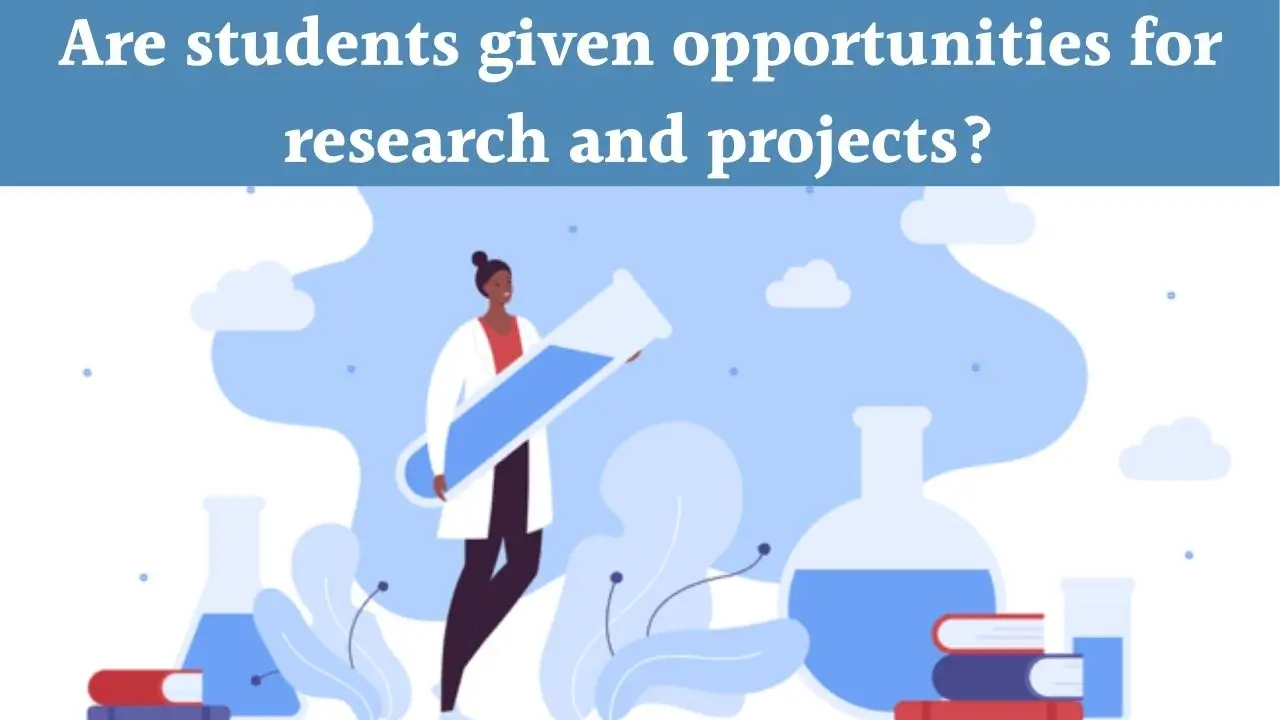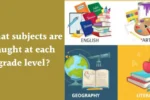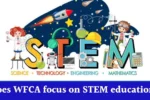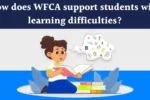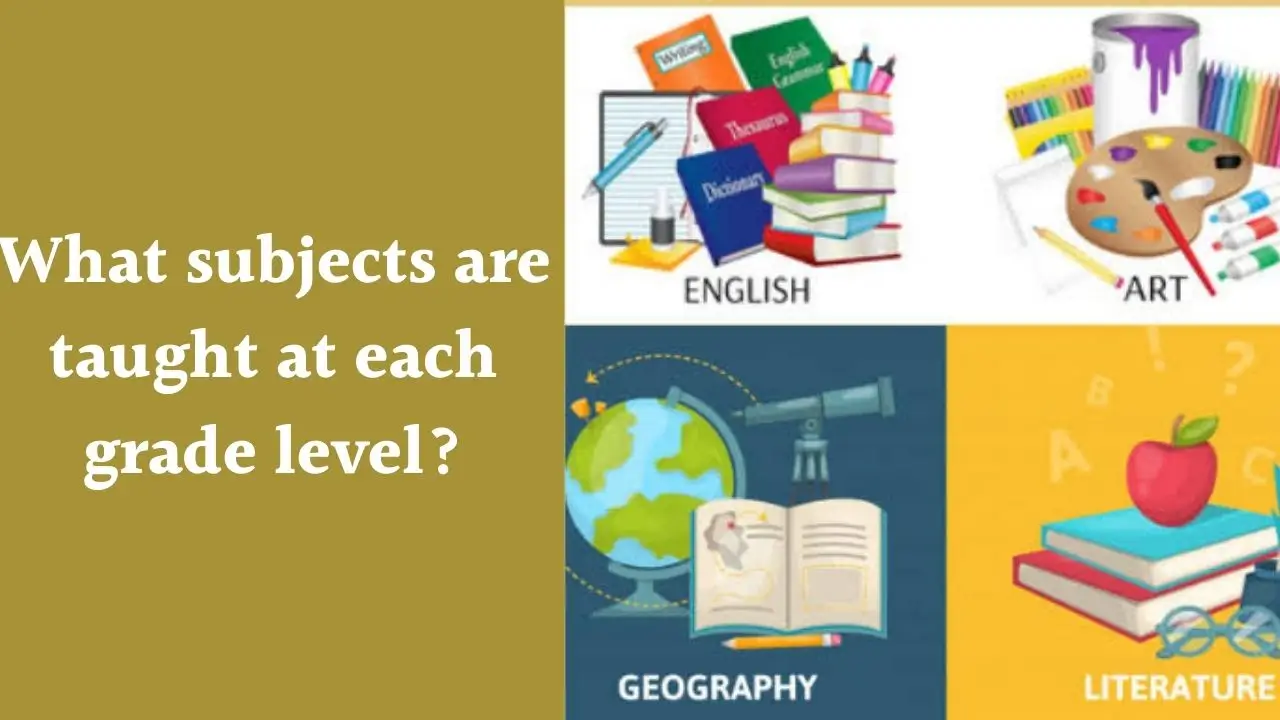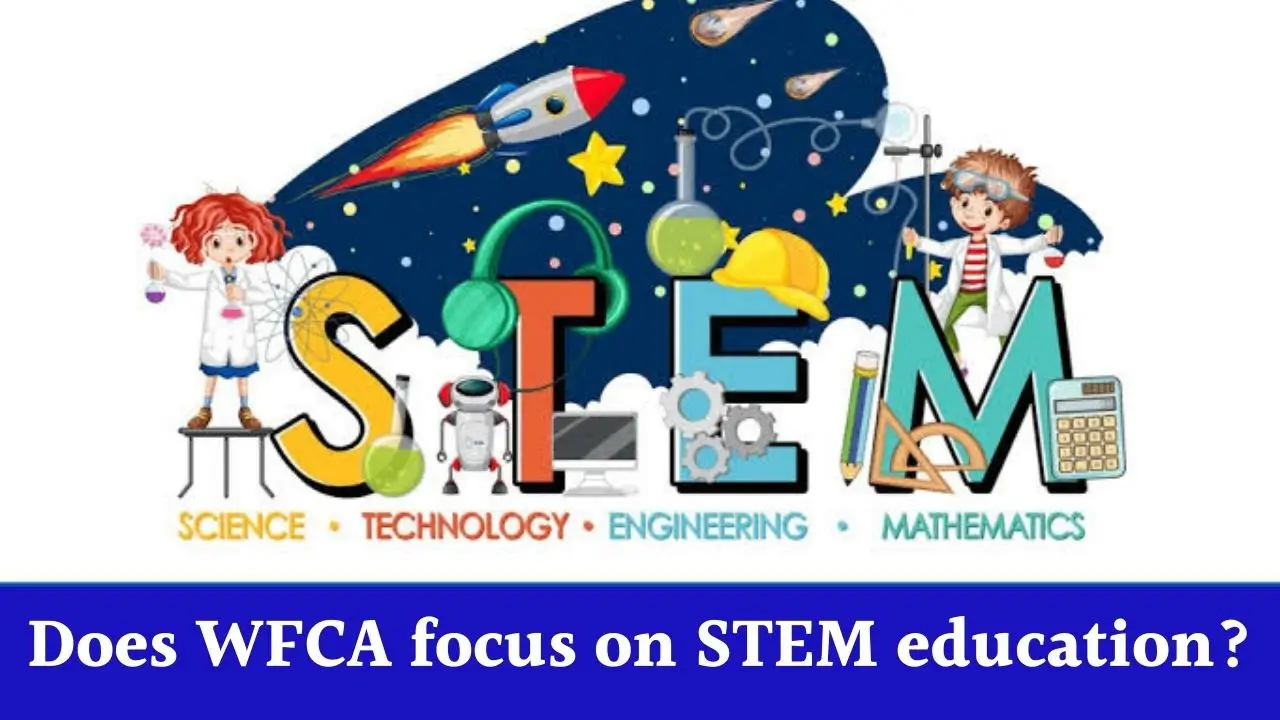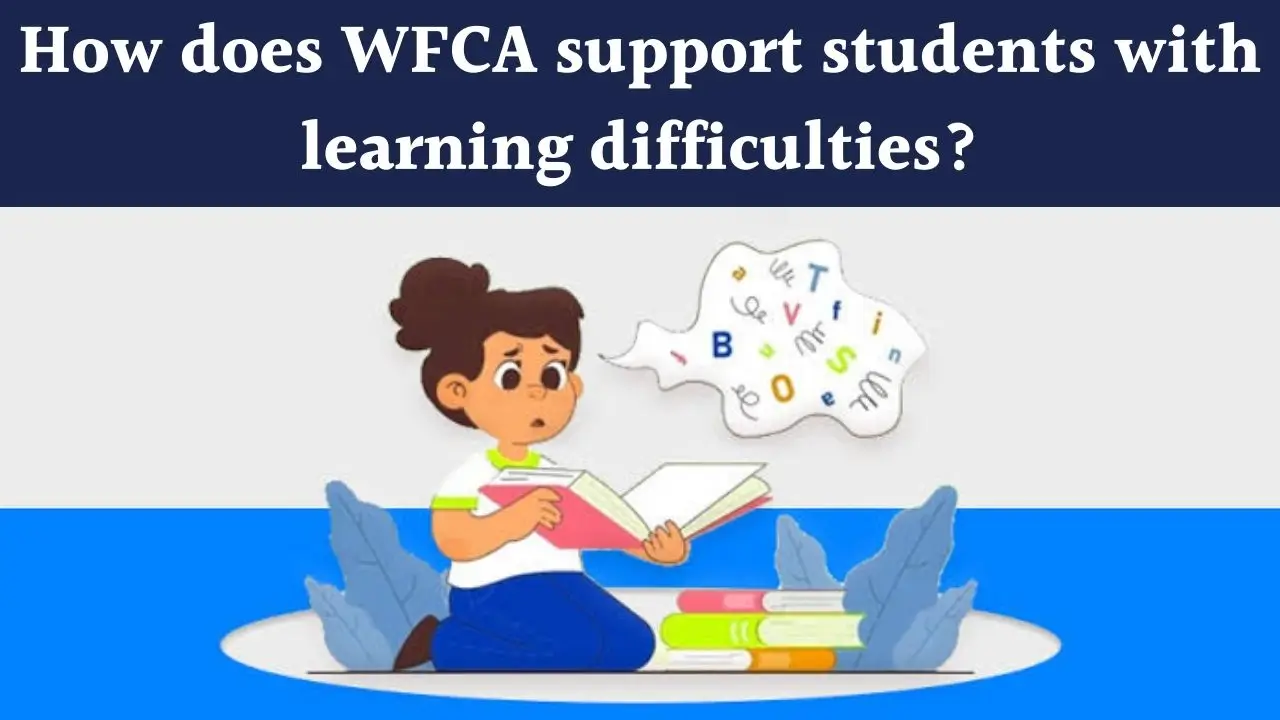Word of Faith Christian Academy (WFCA) is known for building a strong academic foundation while also nurturing the spiritual and personal growth of its students. A recurring question that parents and students ask is whether the academy provides ample opportunities for research and project-based learning. In today’s evolving educational landscape, schools must equip learners with not only theoretical knowledge but also practical application. At WFCA, research, inquiry, and projects are important ways students learn to connect their classroom studies with real-world understanding.
Academic Philosophy on Research and Projects
The philosophy at WFCA is rooted in developing young learners into leaders who are critical thinkers, effective communicators, and spiritually grounded individuals. The school approaches projects not just as academic tasks but as practical exercises in creativity, collaboration, and responsibility. Research work, even from the early grades, is simplified to match age-appropriate levels, gradually increasing in complexity through middle and high school.
Opportunities Provided
WFCA ensures that students are engaged in both academic research and hands-on projects across various subjects. Assignments are designed with a purpose to make students explore topics beyond textbooks. The school emphasizes practical learning models such as science fairs, history day projects, Bible study explorations, and artistic presentations.
Key Opportunities for Students
- Science and Technology Projects: Experiments, inventions, and scientific demonstrations.
- History and Social Studies Research: Biographical research, cultural investigations, and historical timelines.
- Faith-Based Studies: Research connected to Biblical interpretations, Christian history, and moral reflections.
- Art and Creative Projects: Designing visual presentations inspired by literature, scripture, or community themes.
- Community and Service Projects: Social engagement initiatives rooted in Christian values, where students investigate community issues and present solutions.
Grade-Wise Approach to Research and Projects
WFCA understands that research capacity develops with age. Younger students begin with small creative projects, while older students receive more independent opportunities to handle research papers, case studies, and presentations.
Table: Research and Project Opportunities at Different Grade Levels
| Grade Level | Type of Research & Projects | Examples |
|---|---|---|
| Elementary | Introductory projects, creative models | Science models, story-based Bible projects |
| Middle School | Group research, subject-specific projects | Geography reports, interactive history timelines |
| High School | Advanced research, independent projects | Lab research, thesis-style essays, leadership projects |
This progressive structure ensures that when students graduate, they can confidently research, analyze, and present findings in both academic and professional contexts.
Integration of Faith in Research
One unique aspect of WFCA is its integration of faith into research and project work. Students are encouraged to connect their academic projects with Christian values. For instance:
- Research on environmental issues is tied to the Biblical principle of stewardship of God’s creation.
- History projects often include insights into the role of Christianity in shaping societies.
- Literature projects may be linked to moral lessons aligned with Biblical teachings.
This approach ensures that projects are not only educational but also spiritually enriching.
Skills Students Develop Through Projects
Projects and research at WFCA are not just about final results—they are designed to help students develop essential life-long skills.
Some of the key skills include:
- Critical Thinking: Analyzing different perspectives before drawing conclusions.
- Public Speaking: Presenting research and findings in front of peers and teachers.
- Collaboration: Working together on group projects.
- Problem-Solving: Identifying challenges and offering solutions.
- Time Management: Balancing preparation, research, and presentation deadlines.
- Faith Integration: Understanding how Christian values influence knowledge and decision-making.
Importance of Research and Project Learning in 2025
In 2025, the emphasis on 21st-century skills is stronger than ever. Most educators agree that project-based learning prepares students for future challenges such as higher education and career development. WFCA has adapted its curriculum to meet these changing times by:
- Encouraging digital and online research projects where students use modern tools under careful guidance.
- Implementing cross-disciplinary projects that link science, history, and Christian ethics.
- Fostering leadership skills through service-based research projects that address social needs.
Latest Updates on WFCA’s Approach
Recent updates in WFCA’s approach toward project learning reflect its commitment to continuous improvement:
- Introduction of Technology-Integrated Projects: Students are now encouraged to use presentations, digital charts, and research tools as part of assignments.
- Annual Research Showcase: A platform where students present their findings in front of peers, parents, and faculty.
- Faith and Innovation Conference: A newly introduced event where students combine Biblical principles with scientific or social research.
- Expanded Extracurricular Programs: Clubs and workshops focused on creative writing, robotics, debate, and fine arts allow learners to pursue passion-driven projects.
These updates highlight how WFCA ensures that students not only stay competitive academically but also remain grounded in their faith-based education.
Parental and Community Involvement
WFCA also recognizes the value of involving parents and community members in project-based learning. Parents are often invited to exhibitions, fairs, and research showcases. Community leaders sometimes mentor students or serve as judges in competitions, thereby creating a supportive ecosystem that values both academic rigor and Christian values.
Challenges and Solutions
Like many schools, WFCA faces challenges in maintaining balance between research, academic curriculum, and spiritual education. Some challenges include:
- Limited Time: Balancing core lessons with project preparation.
- Resource Access: Ensuring that all students have equal access to research materials.
- Skill Gaps: Some students may find it harder to adapt to independent research.
To meet these challenges, WFCA has implemented strategies such as guided workshops, teacher mentorship, and technology-assisted learning.
Conclusion
At Word of Faith Christian Academy, students are indeed given substantial opportunities for research and project-based learning. From early grades through high school, learners are gradually introduced to inquiry-driven assignments that build confidence, knowledge, and spiritual insight. The academy’s unique approach of merging academics with faith makes each project an opportunity not just for intellectual growth, but also for personal and spiritual development.
In today’s world, learners need more than memorized facts—they require critical thinking, creativity, and character. WFCA’s consistent effort to include research and projects throughout its curriculum ensures that students graduate as prepared, responsible, and faith-centered individuals, ready to make a meaningful difference in society.

